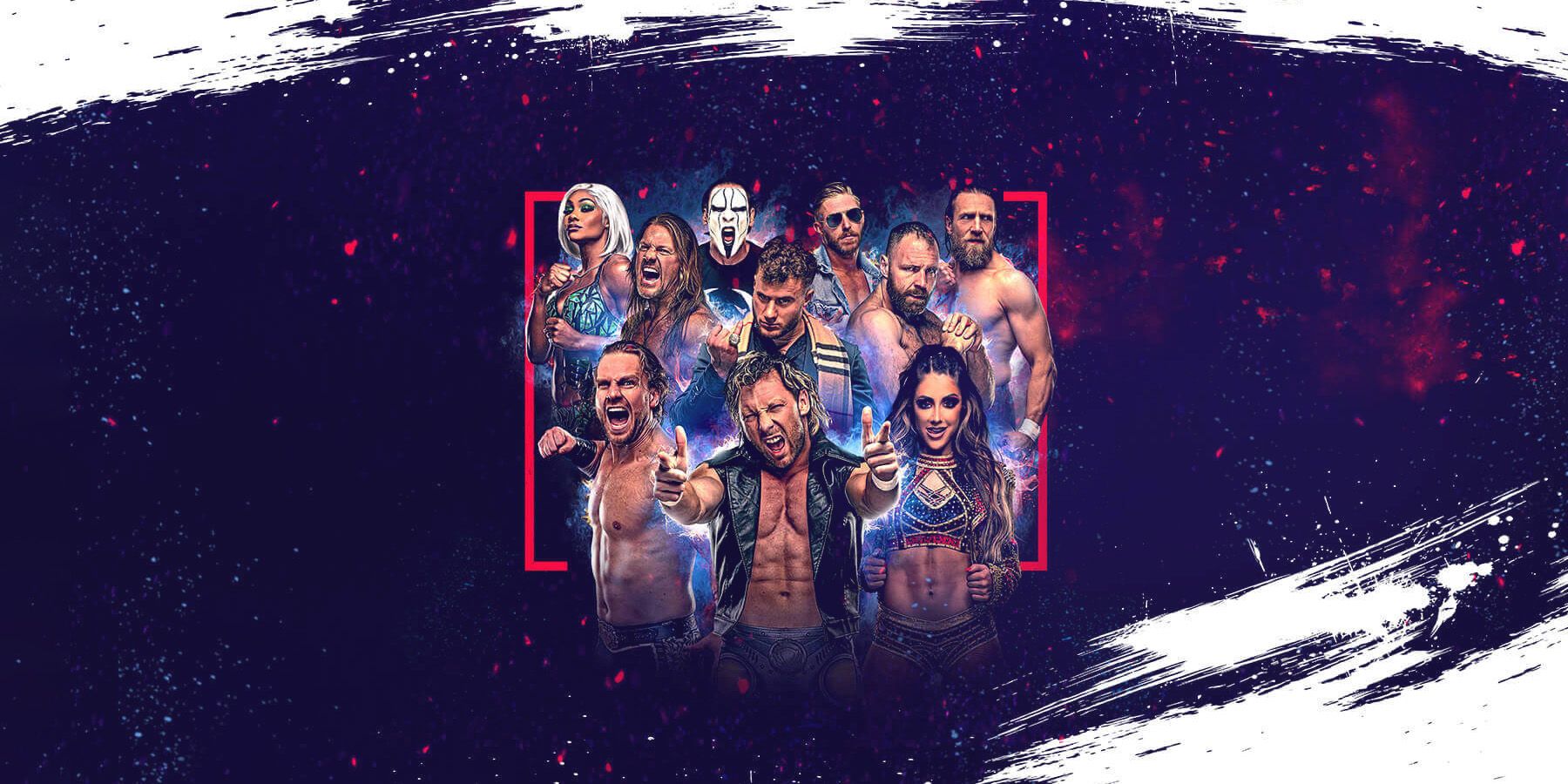
Vince McMahon: A Polarizing Figure in the World of Entertainment

A deep dive into the controversial legacy of Vince McMahon, the founder of WWE, and his impact on the entertainment industry.
A Legacy of Controversy
The entertainment industry has always been captivated by larger-than-life personalities, and Vince McMahon, the founder of WWE, is no exception. For decades, McMahon has been at the helm of one of the most influential companies in professional wrestling, leaving an indelible mark on the world of sports entertainment. However, his tenure has been marred by controversy and scandal, raising serious questions about his leadership and the future of the company he built.
McMahon's recent resignation from his role as executive chairman of WWE's parent company TKO has reignited discussions about the tumultuous history of the wrestling behemoth. Accusations of sexual assault and trafficking have cast a shadow over McMahon's legacy, prompting a closer examination of his impact on the industry and the lasting repercussions of his actions.
The allegations against McMahon have underscored the complex relationship between power, influence, and accountability in the entertainment world. As the dust settles on his resignation, it's crucial to explore the multifaceted legacy of this polarizing figure and the implications for the future of WWE and the broader entertainment landscape.
The Rise and Fall of a Titan
Vince McMahon's ascent to prominence in the entertainment industry is a story of ambition, innovation, and controversy. As the CEO of WWE, McMahon cultivated a larger-than-life persona, positioning himself as the driving force behind the company's meteoric rise to dominance. His relentless pursuit of success and his unyielding vision for the future of professional wrestling propelled WWE to unprecedented heights, solidifying its status as the preeminent destination for sports entertainment.
However, McMahon's tenure was marred by a series of scandals and legal entanglements that threatened to tarnish the company's reputation and undermine its position in the industry. From allegations of misconduct and misappropriation of corporate funds to the use of hush money to cover up affairs, McMahon's leadership was fraught with controversy and ethical dilemmas. The fallout from these scandals cast a shadow over WWE and raised serious concerns about the company's governance and ethical standards.
Despite facing intense scrutiny and public outcry, McMahon managed to orchestrate a dramatic return to the helm of WWE, defying expectations and reasserting his influence over the company. His ability to navigate turbulent waters and retain control of the organization speaks to the complex dynamics of power and authority in the entertainment business, raising profound questions about accountability and the boundaries of corporate leadership.
The Future of WWE and the Entertainment Landscape
As WWE grapples with the aftermath of McMahon's resignation and the allegations that have rocked the company, the entertainment industry at large is facing a reckoning. The confluence of legal challenges, corporate governance issues, and public scrutiny has cast a spotlight on the ethical imperatives of entertainment conglomerates and the obligation to uphold integrity and accountability.
The departure of McMahon has left a void at the highest echelons of WWE, prompting introspection and strategic realignment within the organization. The company's response to the crisis and its commitment to transparency and ethical governance will be closely scrutinized by stakeholders and industry observers, shaping the trajectory of WWE in the post-McMahon era.
Furthermore, McMahon's legacy and the enduring impact of his leadership raise profound questions about the intersection of power, influence, and responsibility in the entertainment landscape. As the industry grapples with systemic challenges and ethical dilemmas, the ongoing saga of WWE serves as a cautionary tale and a call to action for a more accountable and ethical approach to corporate governance in entertainment.











